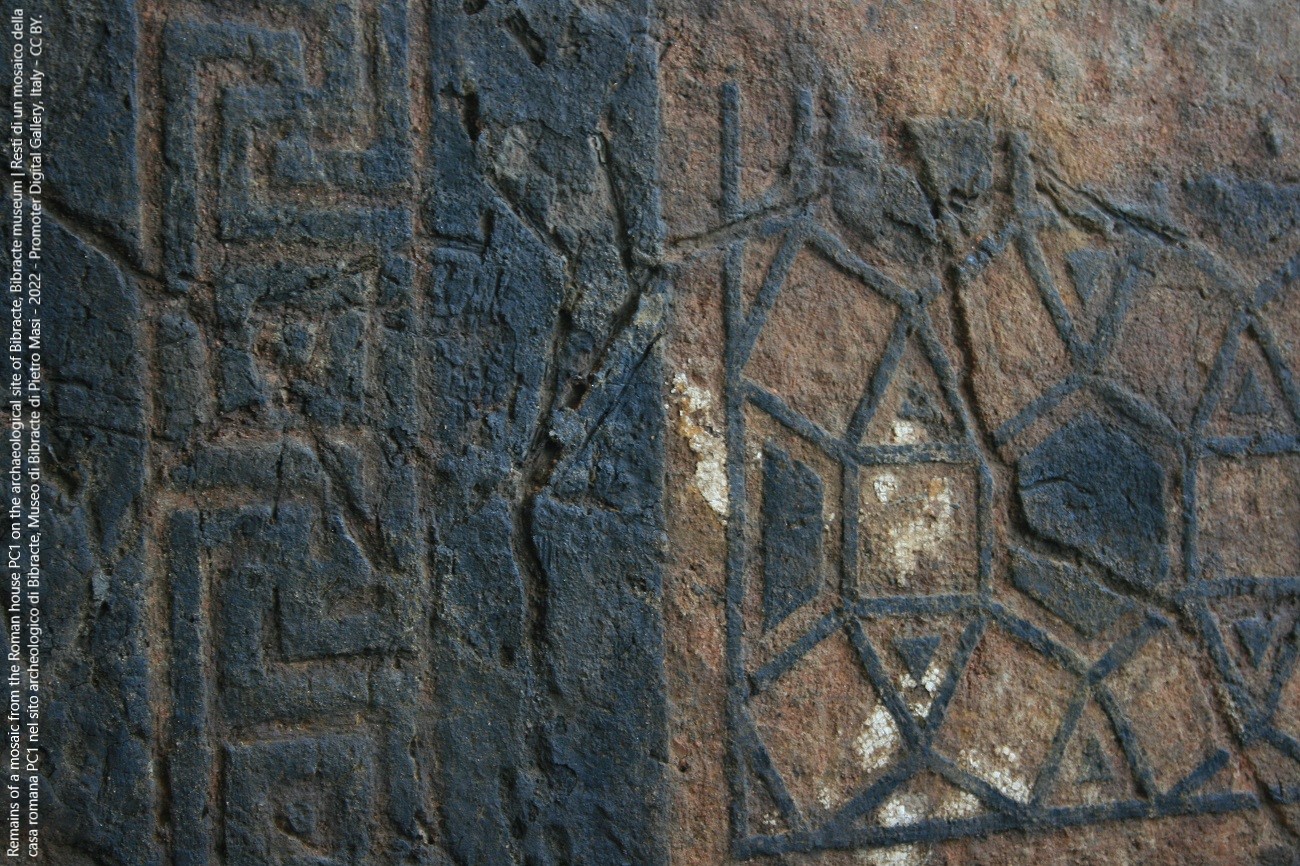Nadejda Teffi : Russian Language in Exile
DOI:
https://doi.org/10.6092/issn.2035-7141/18977Keywords:
Migration, Language, Russian, Diglossia, BilinguismAbstract
One possible explanation for French reader’s unfamiliarity with Nadejda Teffi is that she published exclusively in Russian, even after her definitive departure from Russia in 1918. It is in the field of language that we propose to focus our reflection, insofar as it was for Teffi a major issue of political debate, in which she took a stand against other émigré authors, but also an infinite and fertile field of poetic experimentation. On the metaliterary front, the Russian language in emigration was immediately seen by the diaspora as a means of competing with the Soviet language as it developed in Russia. According to Teffi, the temptation of hypercorrection and conservatism of a supposed purity of the Russian language constitutes a danger for literary creation and for the formulation of new ideas. On a poetic level, this situation of diglossia is an opportunity for Teffi to reflect on the genius of languages, and on the non-correspondence between objects and signs, and more particularly translated signs. Teffi takes us into a process of estrangement – остранение – in reverse, a linguistic exile where the mother tongue, familiar and reassuring, can no longer designate the objects in front of which it remains powerless.
Downloads
Published
How to Cite
Issue
Section
License
Copyright (c) 2023 Valentine Meyer

This work is licensed under a Creative Commons Attribution-ShareAlike 4.0 International License.





